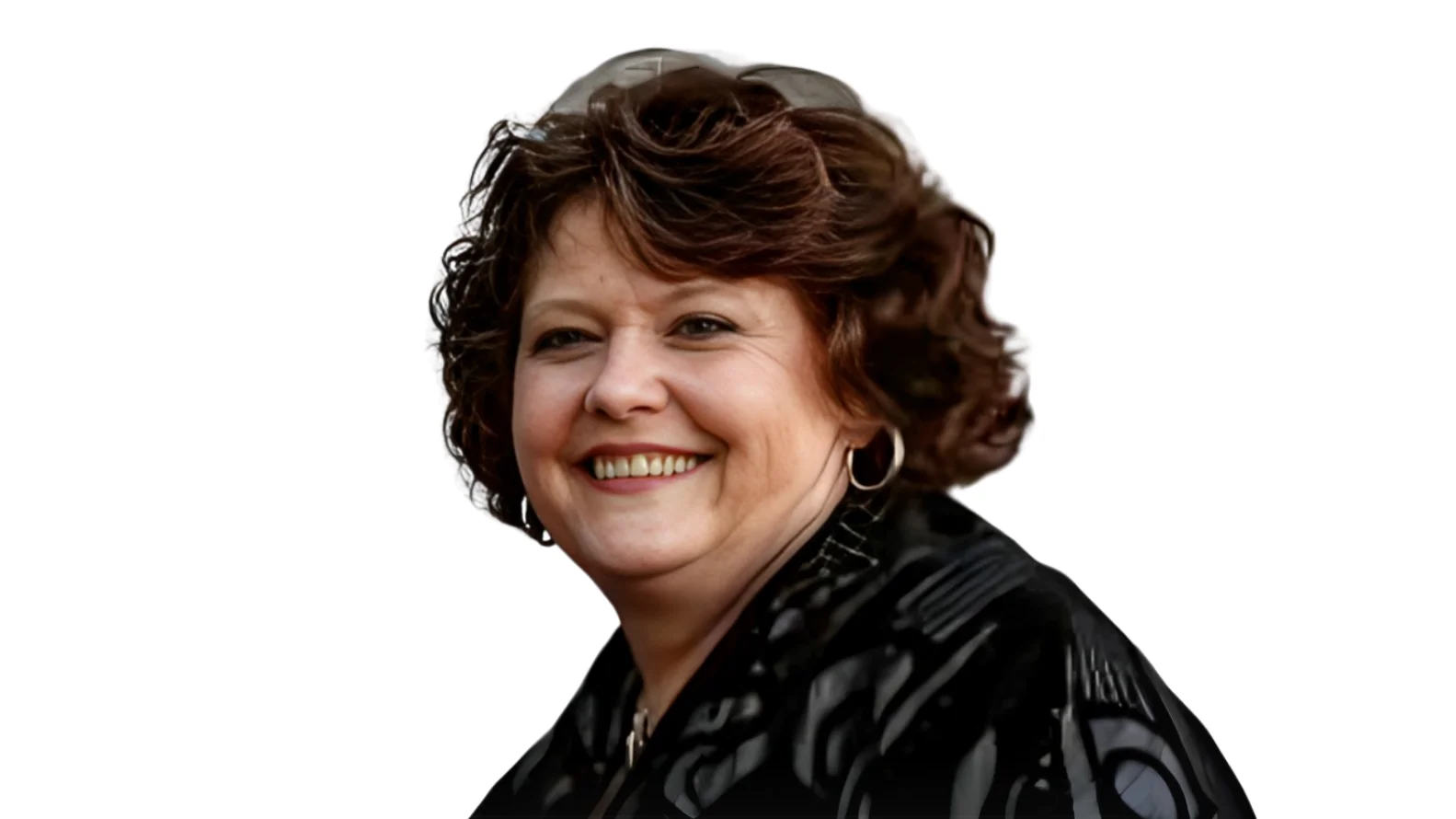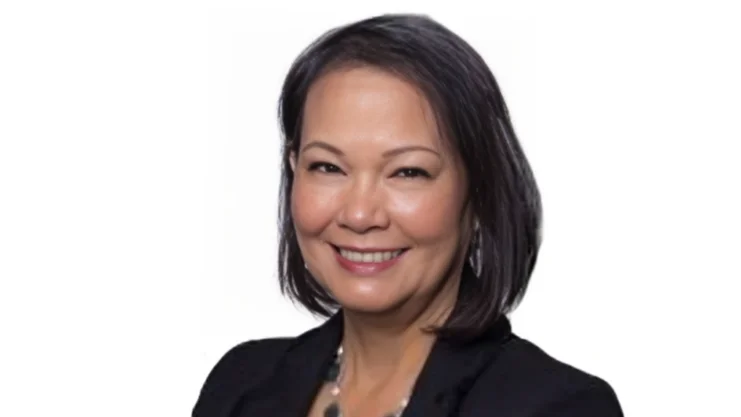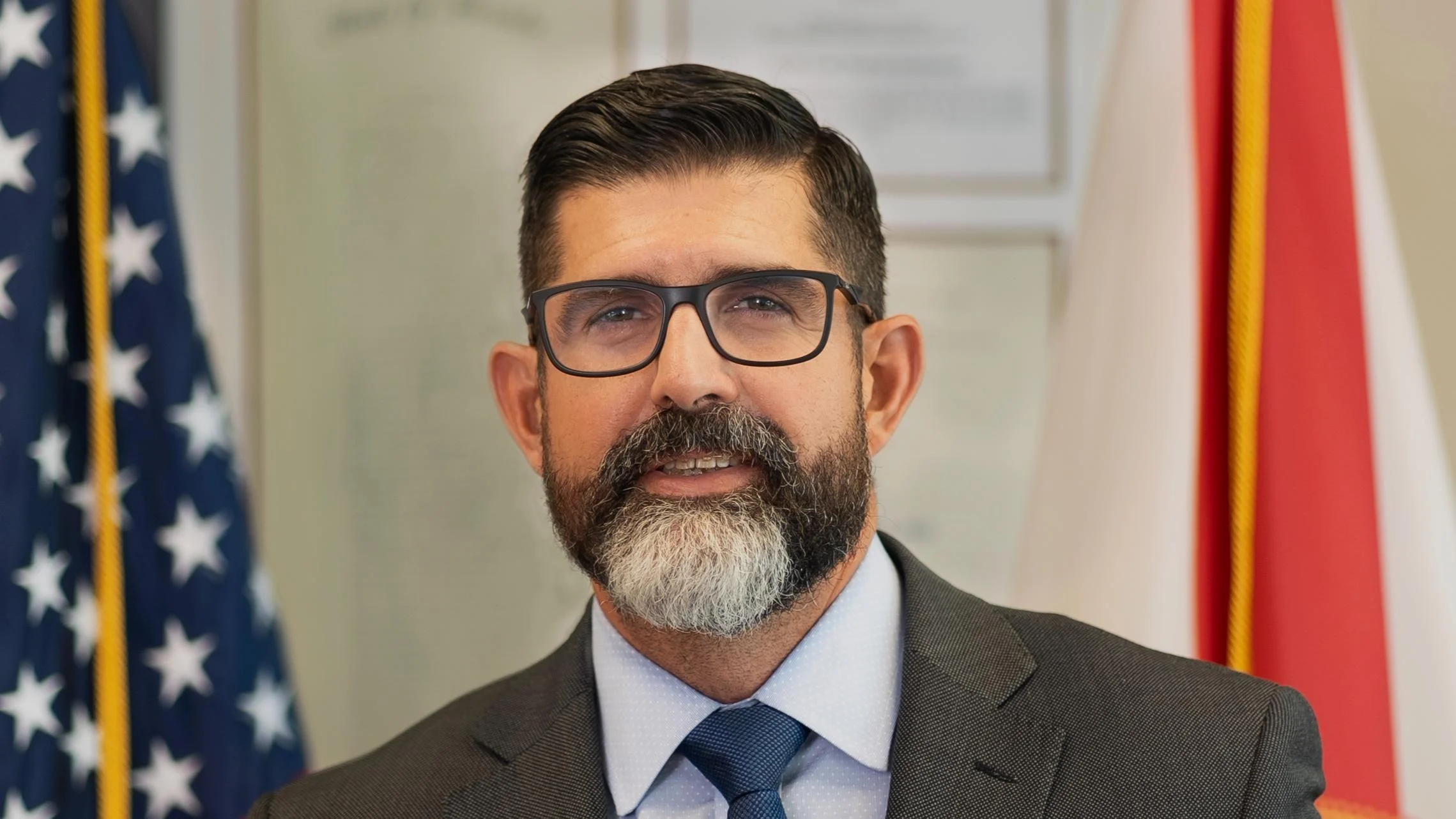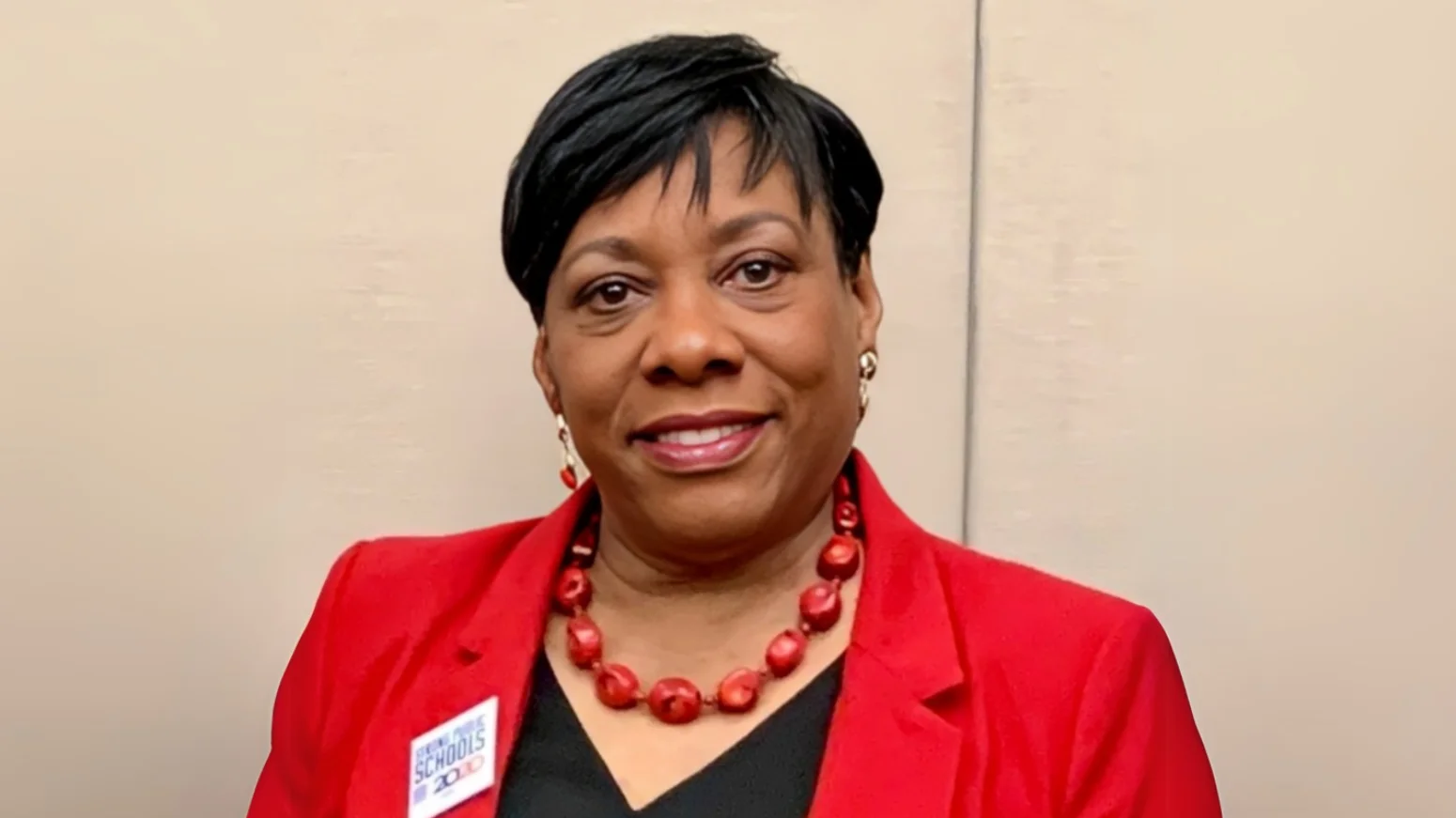
Connie Holthusen Senior Sales Manager | EdSurge Research
In recent years, the Montessori education model has experienced significant shifts in popularity. Once a dominant trend in early childhood education, its presence is now being questioned due to various economic and educational factors.
Mira Debs, director of education studies at Yale University, notes that Montessori has been rediscovered by different generations for diverse reasons. "As someone who studied Montessori over a long historical period, what I find so fascinating is the way it keeps being transformed by new audiences and people for whatever they are seeking for their children," she says.
The decline in interest comes as some Montessori-inspired schools face challenges. Guidepost Montessori, which expanded rapidly since 2016 to over 130 locations globally, recently announced closures across several states including Virginia and Ohio. The company's co-founders Ray and Rebecca Girn acknowledged overextending their resources in a blog post: “In our eagerness to meet the vast vision of our mission, we overextended ourselves.”
Despite these setbacks, Elliot Haspel from Capita believes that this does not mark the end of Montessori's appeal. "I have no reason to think Montessori as a philosophy is going out of vogue," he asserts.
A major concern within the community is the lack of regulation surrounding the term "Montessori." Without trademark protection or strict guidelines, any institution can label itself as such. Angeline Lillard points out discrepancies between true Montessori practices and those claimed by some schools: “That’s a problem — parents have no idea.”
Ellen Frede from the National Institute for Early Education Research highlights that fluctuations in popularity are typical but acknowledges potential threats from political changes like voucher programs diverting funds away from charter schools. She states: “It's hard for Montessori to fit its square peg into the round hole of state-funded pre-K.”
With fewer children enrolling in early childhood programs and economic pressures mounting on private donations supporting these models, experts like Debs suggest it remains uncertain whether current trends reflect economic influences or broader educational policy shifts.
###





 Alerts Sign-up
Alerts Sign-up